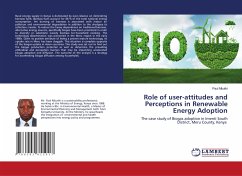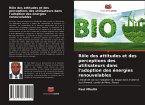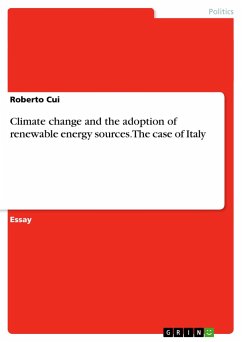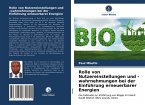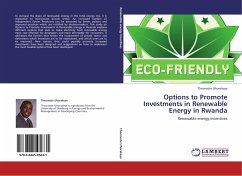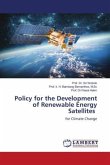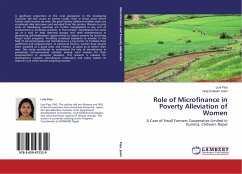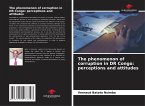Rural energy supply in Kenya is dominated by over-reliance on diminishing biomass fuels. Biomass fuels account for 68 % of the total national energy consumption. Yet burning of biomass is associated with indoor air pollution and environmental degradation in addition to the drudgery its collection creates. To reduce the heavy dependence on traditional biomass, alternative energy sources, specifically biogas have been promoted in order to diversify or substitute woody biomass for household cooking. The technology dissemination was pioneered in the Meru region in the early 1980s. Given its positive attribute of being a proven mature technology, its uptake rate in Meru has been sluggish. This situation is complete opposite of the biogas uptake in Asian countries. This study was set out to find out the biogas production potential as well as determine the prevailing attitudinal and perception barriers that may be impending accelerated biogas adoption and diffusion. The outcome of the analysis is a strategy for accelerating biogas diffusion among households.
Hinweis: Dieser Artikel kann nur an eine deutsche Lieferadresse ausgeliefert werden.
Hinweis: Dieser Artikel kann nur an eine deutsche Lieferadresse ausgeliefert werden.

